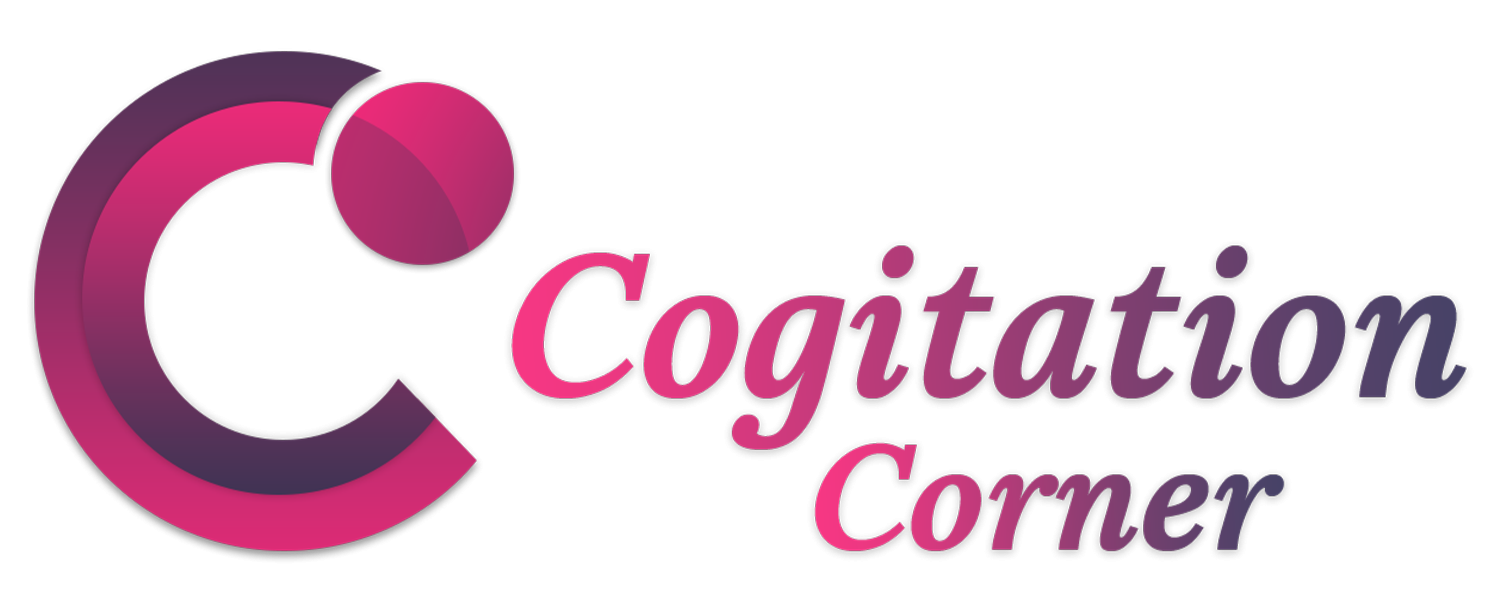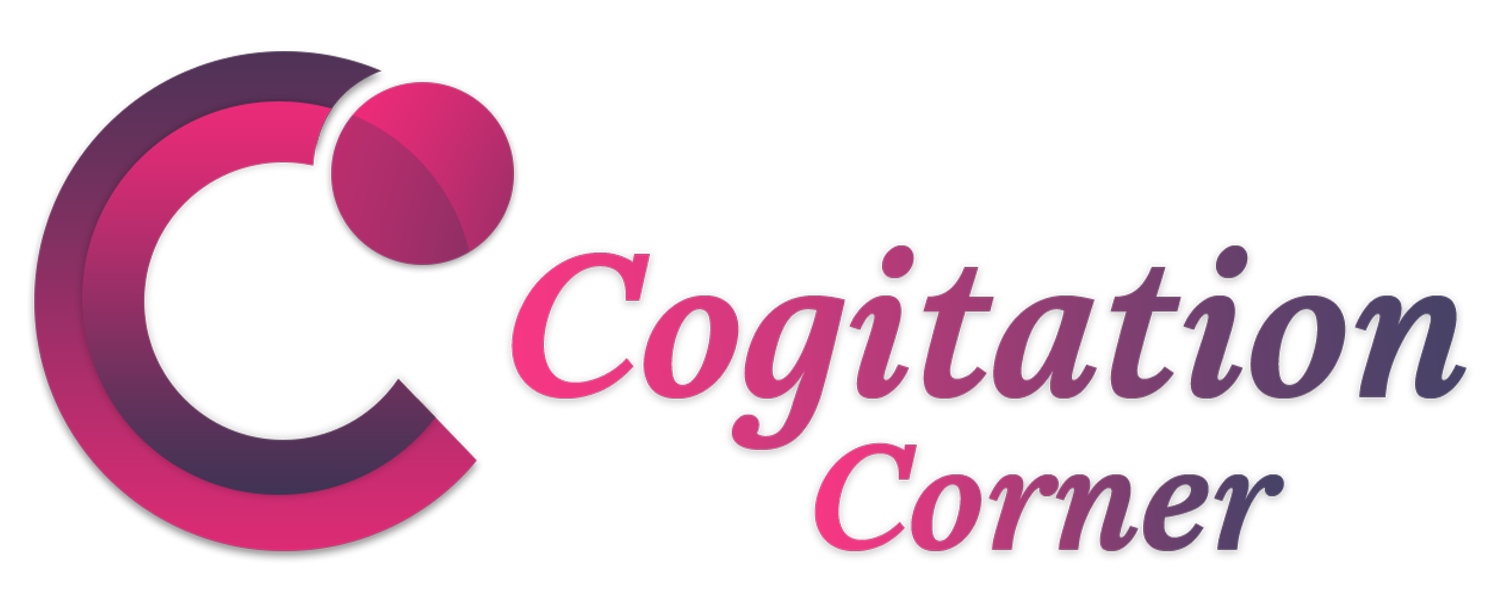The Future of Mental Health
Melancholy has ever provided part of happiness; still, mental health is typically an archetype in the usendium of happiness. In recent years, though, there has been a major change in the culture of mental health treatment. Mental health has become one of the need of the hour problems globally, especially post COVID-19 pandemic, and the onus is on innovation and technology to facilitate the gap in care and support. In this article, we will look into some of the innovative technologies coming into play that will change how we treat mental health, make it more accessible, and give alternative means for managing and improving mental health.
The Importance of Mental Health Innovation
There are multiple drivers for innovation in mental health care:
• Rising Prevalence: According to the World Health Organization (WHO), 1 in 4 people worldwide will be affected by mental or neurological disorders at some point in their lives. This underscores the growing demand for accessible, effective solutions.
• Reducing Stigma: Technological advancements and public awareness campaigns have contributed to lowering the stigma associated with mental health, leading to more people seeking treatment.
• Better Access to Care: Traditional mental health care typically involves in-person visits, which may not be possible for all people – particularly in remote areas, for people with mobility or financial limitations.
Improving mental health care accessibility effectiveness and personalization are therefore all driven by innovation that allows individuals to better manage their mental health and seek help in new ways.
The New Technologys Used for Mental Health
1. Teletherapy and Online Counseling
Telemedicine was introduced, which transformed the way mental health care can be provided through teletherapy and online counseling, making it easier and private for patients to search for help.
• Accessibility: Teletherapy allows individuals to connect with therapists or counselors from the comfort of their own homes, eliminating barriers such as geographic location, transportation, and time constraints.
• Convenience: The ability to access therapy from anywhere with a stable Internet connection has made seeing a therapist much more achievable for many people, particularly those with busy lives or social anxiety.
• Expanded Choices: Online options also give consumers access to a wider selection of specializations, including cognitive behavioral therapists (CBT), psychotherapists, marriage counselors, etc., which further diversifies treatment options.
2. Artificial Intelligence (AI) in Mental Health
The use of Artificial Technology is being increasingly adopted in mental health care, delivering tools that provide a means of improving diagnosis, treatment, and support.
• AI-Driven Chatbots: Virtual mental health assistants, such as Woebot and Wysa, leverage AI to provide emotional support and cognitive behavioral therapy (CBT) techniques. As these chatbots can be accessed at any hour, they help to provide immediate support for anyone who is unable to see a therapist immediately.
• Predictive analysis: Using AI can be beneficial in predicting patient behaviors, enabling early identification of mental health problems like depression, anxiety, and bipolar disorder. Using information gathered through analyzing speech patterns, social media activity and also physiological data from wearables, AI can determine if an individual is at risk of a mental health crisis before it occurs, so the necessary preventative action can be taken.
3. Digital Mental Health Apps
Mobile Apps as A SolutionIn fact, mobile apps now serve as one of the professions from the mental health management industry free consultation on female text messaging ducks. Some apps are designed around mindfulness and relaxation techniques, while others ask users to track their mood or match with mental health professionals.
• Mindfulness and Meditation Apps: Apps such as Headspace, Calm, or Insight Timer offer guided meditation, breathing exercises, and mindfulness techniques to mitigate stress, anxiety and enhance emotional wellness.
• Mood and Symptom Trackers: Apps such as Moodpath and Daylio enable users to record their emotional states, recognize patterns, and gain insight into mental health. These apps also provide perspectives over time and allow users to gather data that they can share with their health care providers.
• Virtual Support Groups: Platforms such as 7 Cups connects users to peer support groups where they can discuss their mental health problems in a safe–but also anonymous–environment, helping combat loneliness and isolation.
4. The Virtual Reality (VR) and Augmented Reality (AR)
Virtual reality/augmented reality has been explored as a way to treat a range of mental health conditions, including anxiety, PTSD and phobias.
• Exposure Therapy: Especially for PTSD and phobias, VR is an excellent tool for simulating high-, low-, and no-cost exposure to a cause of fear (like the ocean) in a safe environment. In a controlled virtual environment, therapists can get patients to face their fears in a safe, gradual fashion.
• Stress and Relaxation: VR technology has been used in programs to manage stress, creating immersive environments where people can perform relaxation techniques, such as deep breathing, in soothing virtual places, such as beaches or forests.
• Therapeutic Games: Certain virtual reality experiences are purpose-built to assist patients in acquiring coping skills for anxiety, depression and stress. The games frequently use gamification to keep users engaged while teaching them emotional regulation and resilience.
5. Wearables and Biosensors for Monitoring Mental Health
Wearable tech is being used to monitor mental health – in the same way, current devices track physical health, including heart rate, sleep and exercise.
• Stress and Anxiety Monitoring: Wearables: Track heart rate variability (HRV), an important indicator of stress with wearables like the Oura Ring and Fitbit. When combined with data on your own mood or mental health – user-reported or otherwise – these devices could help people spot when they might be stressed out or anxious and intervene earlier.
• Sleep Tracking: Sleep is a critical indicator of mental health, and wearables that track sleep quality (such as the Whoop Strap) can highlight sleep disturbances, which are linked to mental illnesses like depression, anxiety, etc.
• Biofeedback: Devices such as the Muse headband measure EEG (electroencephalography) waves in the brain and offer guided relaxation exercises to calm anxiety and improve concentration.
Innovative Therapies to Help Mental Health
1. Psychedelic-Assisted Therapy
Investigating the potential of psychedelics like psilocybin (found in magic mushrooms) and MDMA as therapeutic agents has been a topic of increasing attention in the last few years. These compounds are being studied for their potential effectiveness against mental health conditions including PTSD, depression and anxiety.
• Psilocybin for Depression: In clinical trials, psilocybin in combination with psychotherapy has demonstrated the potential to produce significant improvements in patients with treatment-resistant depression. It allows patients to face challenging emotions, which can enable emotional breakthroughs.
• MDMA for PTSD: When patients with PTSD undergo a procedure in which MDMA is given to patients in treatment, the experience of processing memories becomes more doable without the emotional concern they tend to possess, leading to better mental health functionality.
2. Internet-Based Cognitive Behavioral Therapy (CBT) and CBT
CBT is the single most researched method of psychotherapy, and it’s extremely well-proven to work, and increasingly being adapted to the online world.
• Web-based CBT Programs: Web-based systems such as BetterHelp and Talkspace give customers the chance to obtain CBT via protected online therapeutic consultations. Automated CBT programs also enable people to self manage their mental well-being, under the same guidance of trained professionals, but on their own schedule.
• Importance of CBT for Anxiety and Depression: CBT is as efficient fact in the healing of nervousness and melancholy in locations through which individuals are taught to identify their bad thoughts and change them with a beneficial coping mechanisms.
Obstacles to Innovation of Mental Health
Despite these promising advancements, there are some challenges:
• Privacy and Security: There is a growing concern for patient privacy and data security with the increased use of artificial intelligence, telehealth platforms and mental health apps.
• Access and Affordability: Technology brings new pathways for accessing care, but these innovations are not equally accessible to everyone. This mental health care may not be available to everyone due to the digital divide and the cost of all these subscription-based services.
• Stigma and Cultural Barriers: Innovation has contributed to reducing stigma to some degree, yet mental health is still significantly stigmatized culturally in numerous communities. Such social barriers can stop people from accessing the care and treatment that they need.
Conclusion
Innovative technology, such as the Health Coach App, is making mental health care more accessible, personalized, and effective, and the future looks bright. From teletherapy and AI-powered chatbots to VR-based exposure therapies and wearable devices designed to monitor levels of psychological stress, the opportunities to better our mind state are mighty. However, as these innovations are still evolving, it’s important to tackle privacy, accessibility and stigma in order to give everyone a chance to benefit from these groundbreaking advancements. Technology integration in mental health care could indeed change lives, providing renewed hope to millions across the globe.







